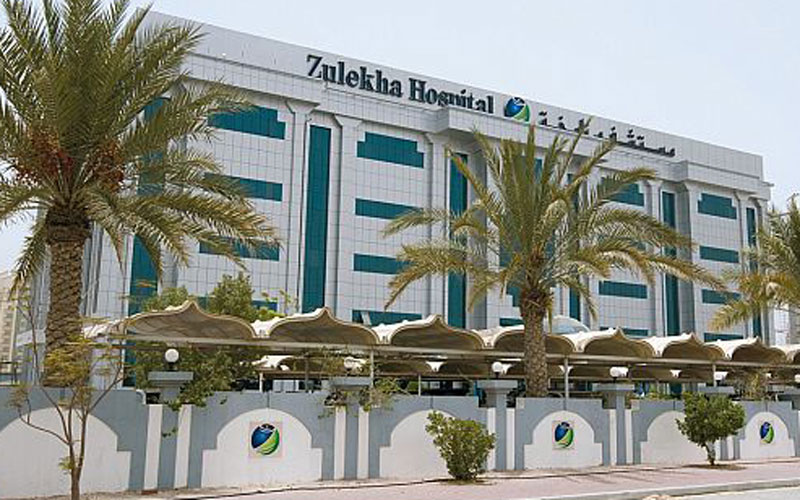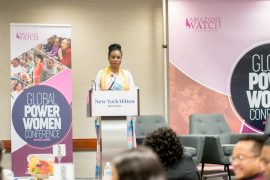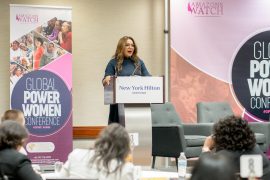By: Suchitra Bajpai Chaudhary
Nearly 40 percent of cancer cases diagnosed in the UAE is that of breast cancer and over 20 percent of all female deaths in the country can be attributed to breast cancer, said an oncologist on the sidelines of launching the Pink it Now campaign of Zulekha Healthcare group.
The campaign which offers free mammograms with a consultation until December 31 was launched formally by Humaid Al Qatami, Dubai Health Authority Director General, Dr. Husain Al Rand, Assistant Under Secretary for Ministry of Health and Prevention, Indian Counsel General Vipul and Dr. Zulekha Daud, founder of Zulekha healthcare group.
Dr. Pamela Munster, an oncologist at the University of California, US, emphasized on the need for early detection of breast cancer in women. “In the first stage breast cancer is 100 percent curable and that is why women must pledge to do have a mammogram done at least once a year after 40. In the last six years with greater awareness more women are coming up for preventive screening. In 2014, 890 women turned up for mammograms, in 2015, 1,800 women were screened and in 2016 of the 3,000 screenings 12 women were found to have malignant tumors. The earlier the screening is done, the higher is the chance of combating the disease,” she added.
Dr. Munster launched a new app called Pink Knight which will help create a support group that will help empower all women by bringing them together to share their doubts, fears, and experiences.
Taher Shams, managing director of Zulekha Hospital, said women who fell into any of the categories below were advised to go in for early screening. “All women are at risk. The men can be at risk too, but breast cancer usually strikes women. The usual age for mammograms was after 40 but in many cases, women in high-risk group are advised to start as early as 30 too. We usually assess the risk of breast cancer in women by identifying them as being at average, standard or high risk. Those in the high-risk group are:
- Those with a family history of breast or ovarian cancer.
- Those women with first degree relatives with breast and ovarian cancer such as mother or sister.
- Women with second and third-degree relatives such as aunts, grand aunts or second cousins
- Those identified with the BRCA 1 and 2 gene mutation
- Women with early menarche (early onset of a period).
- Women who have late pregnancies and do not breastfeed their kids.
- Certain periods in life of women are high risk — such as postnatal period, post menopause period
- Women who have a high BMI and are obese.
- Women who smoke or have alcohol regularly.




